English Plural Nouns Worksheets
These worksheets will help you practice plural nouns in English. It is usually very easy to create plural nouns in English by adding -s to the singular form, but there are five important categories of exceptions to keep in mind! We will go over each of them individually and then practice.
First, let's review the basics. A singular noun (like teacher, umbrella, lamp) refers to one person or thing. A plural noun (like pencils, cups, ideas, papers) refers to more than one person or things.
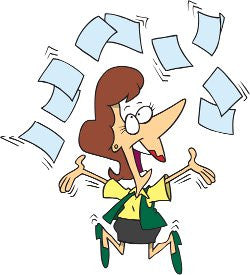
For a full explanation and lots of practice with plural nouns, be sure to check out our English Plural Nouns, a Step-by-Step Guide, which you can purchase and download instantly!
Adding -s, -es, or -ies
We add -s to most regular plural nouns.
Examples:
- chairs
- apples
- pillows
- books
But, if the noun ends in -ch, -s, -sh, -x, or -z, we add -es to form plural nouns. If the noun ends in a vowel then -y, we just add -s. But, if the noun ends in a consonant then -y, we remove the -y and add -ies.
Examples:
- beach --> beaches
- class --> classes
- wish --> wishes
- box --> boxes
- waltz --> waltzes
- baby --> babies
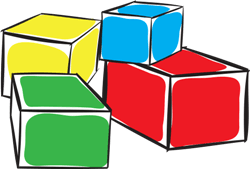
Irregular Plural Nouns
Some nouns in English have irregular plural forms. It is important to memorize the most common ones.
Examples:
- child --> children
- man --> men
- woman --> women
- foot --> feet
- tooth --> teeth
- mouse --> mice
- knife --> knives
- life --> lives
- half --> halves
- wolf --> wolves
- sister-in-law --> sisters-in-law
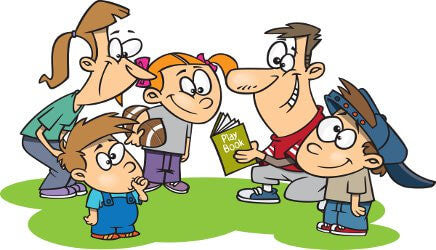
Identical Singular and Plural Forms
Some nouns in English, especially some animals, have the same form whether they are singular or plural. This means that we do not add -s.
Examples:
- sheep --> sheep
- deer --> deer
- fish --> fish
- moose --> moose
- series --> series
- species --> species
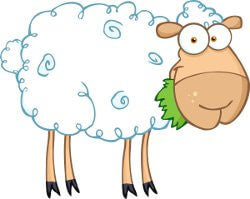
Plural-only Nouns
Some nouns in English only have a plural form. This means that we cannot use them as singular nouns.
Some nouns are "pair" nouns.
Examples:
- pants --> pants (a pair of pants)
- trousers --> trousers (a pair of trousers)
- scissors --> scissors (a pair of scissors)
- glasses --> glasses (a pair of glasses)
- clothes --> clothes
- pajamas --> pajamas
- congratulations --> congratulations
- leftovers --> leftovers
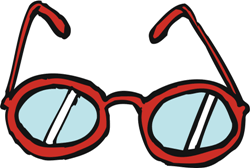
Countable and Uncountable Nouns
Be sure to review the pages that explain countable and uncountable nouns. Most nouns in English are countable. But sometimes we cannot say how many there are of a noun. This means that the noun is uncountable. Here are some common examples.
Examples:
- sugar
- milk
- coffee
- money
- food
- work
- news
- water
- electricity
- happiness
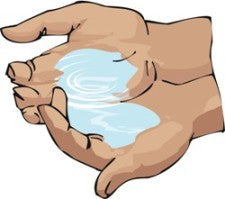
These are all the categories you need to review to know how to use plural nouns in English. Now, let's practice!
Exercise A: Adding -s, -es, or -ies
Look at the picture, then make the noun plural by adding -s, -es, or -ies.
1.
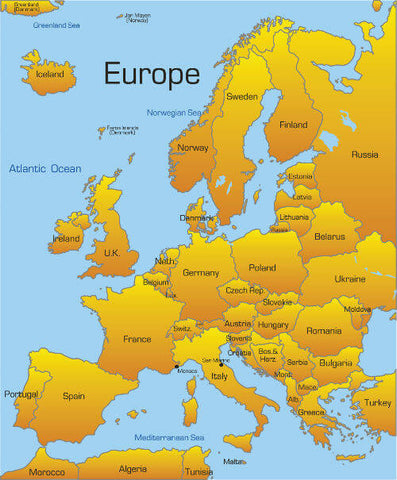
France is a country in Europe. There are many different _______________ in Europe.
2.
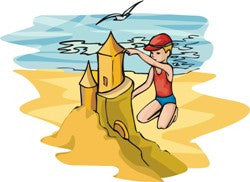
Emily is at the beach. She has visited many _______________.
3.
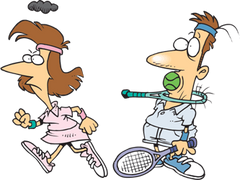
This is their last game! Henry will not play any more ______________ with Rachel!
4.
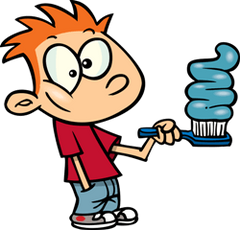
This is Eric's new toothbrush. His mother bought three more ________________ just like it.
5.
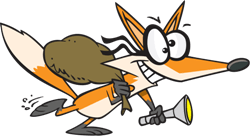
He is a clever fox. All _______________ are clever!
Exercise B: Irregular Plural Nouns
Look at the picture, then write the correct plural form of the noun. They are all irregular.
1.
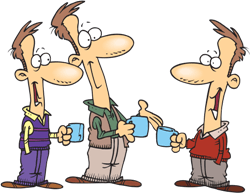
Tom is a man. He is talking with two other ______________.
2.
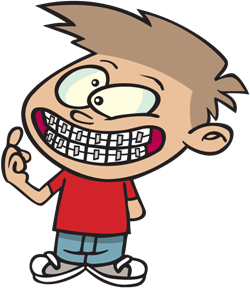
Peter does not have braces on just one tooth. He has braces on all his ______________!
3.
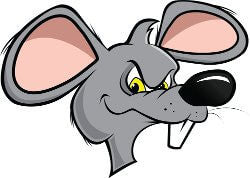
Oh no, I see a mouse! I hope there are not many __________ in this house!
4.
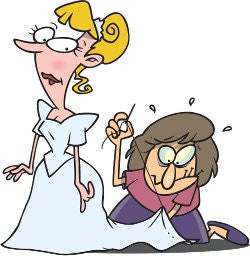
Meredith's sister-in-law is helping her with her dress. Now that she is married, Meredith has four _______________!
5.

Donna and Elizabeth each have a child. Their _______________ like to play together!
Exercise C: Identical Singular and Plural Forms
Look at the pictures. Complete the sentence with the correct word from the list below.
- sheep
- species
- deer
- series
- fish
1.
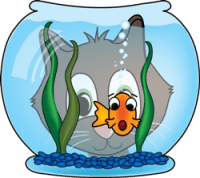
The cat wishes there were lots of _______________ to look at!
2.
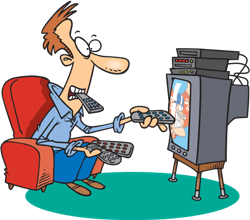
Gerald is following three different _______________ on television!
3.
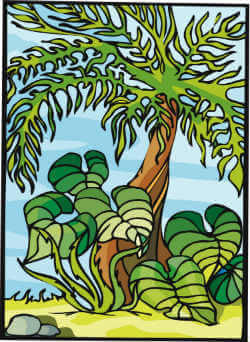
There are many different _______________ of plants and animals in the rain forest.
4.
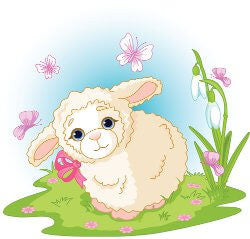
There are lots of baby _______________ to play with in the spring!
5.
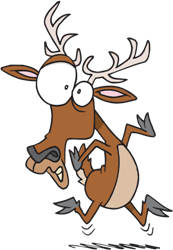
He is lost! He wants to know where all the other _______________ are!
Exercise D: Plural-only Nouns
Use the plural-only nouns from the list below to complete the sentences under each picture.
- shorts
- glasses
- pajamas
- clothes
- leftovers
1.
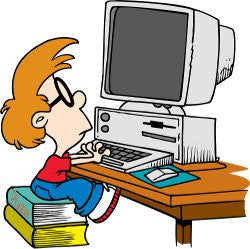
Liam cannot see without his _______________.
2.
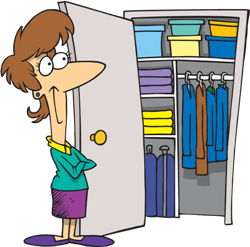
Laura hangs all her _______________ neatly in her closet.
3.
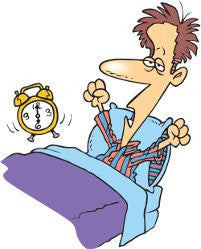
Ron wears his _______________ when he goes to bed.
4.
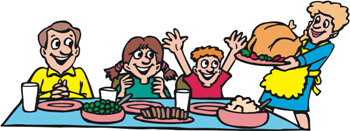
They have made too much food! They will eat the _______________ for lunch tomorrow.
5.
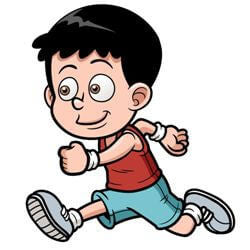
Miles is wearing _______________ so that he can exercise comfortably.
Exercise E: Countable and Uncountable Nouns
Look at the pictures and use the words from the list to complete the sentences. Then say whether each noun is countable or uncountable.
- work
- apples
- money
- news
- books
1.
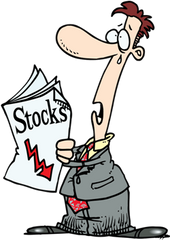
Theodore just got some very bad _______________.
Countable or uncountable? ________________
2.
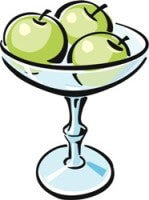
There are three delicious _______________ in the bowl.
Countable or uncountable? ________________
3.
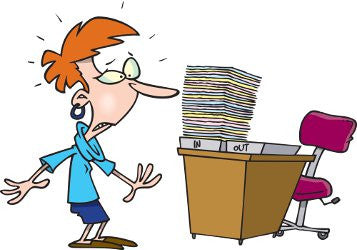
Poor Jane has so much _______________ to do!
Countable or uncountable? ________________
4.
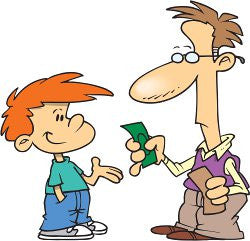
William's father gave him some _______________.
Countable or uncountable? ________________
5.
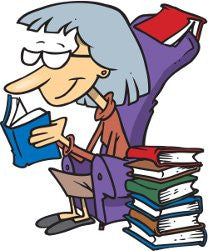
Alice reads lots of _______________.
Countable or uncountable? ________________
Answer Key
Exercise A: Adding -s, -es, or -ies
1. France is a country in Europe. There are many different countries in Europe.
2. Emily is at the beach. She has visited many beaches.
3.This is their last game! Henry will not play any more games with Rachel!
4. This is Eric's new toothbrush. His mother bought three more toothbrushes just like it.
5. He is a clever fox. All foxes are clever!
Exercise B: Irregular Plural Nouns
1. Tom is a man. He is talking with two other men.
2. Peter does not have braces on just one tooth. He has braces on all his teeth!
3. Oh no, I see a mouse! I hope there are not many mice in this house!
4. Meredith's sister-in-law is helping her with her dress. Now that she is married, Meredith has four sisters-in-law!
5. Donna and Elizabeth each have a child. Their children like to play together!
Exercise C: Identical Singular and Plural Forms
1. The cat wishes there were lots of fish to look at!
2. Gerald is following three different series on television!
3. There are many different species of plants and animals in the rain forest.
4. There are lots of baby sheep to play with in the spring!
5. He is lost! He wants to know where all the other deer are!
Exercise D: Plural-only Nouns
1. Liam cannot see without his glasses.
2. Laura hangs all her clothes neatly in her closet.
3. Ron wears his pajamas when he goes to bed.
4. They have made too much food! They will eat the leftovers for lunch tomorrow.
5. Miles is wearing shorts so that he can exercise comfortably.
Exercise E: Countable and Uncountable Nouns
1. Theodore just got some very bad news.
Countable or uncountable? Uncountable
2. There are three delicious apples in the bowl.
Countable or uncountable? Countable
3. Poor Jane has so much work to do!
Countable or uncountable? Uncountable
4. William's father gave him some money.
Countable or uncountable? Uncountable
5. Alice reads lots of books.
Countable or uncountable? Countable





